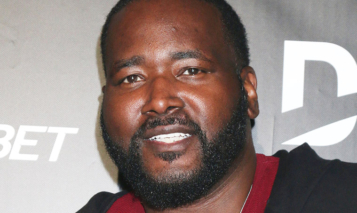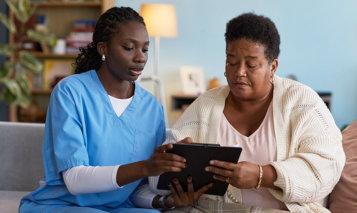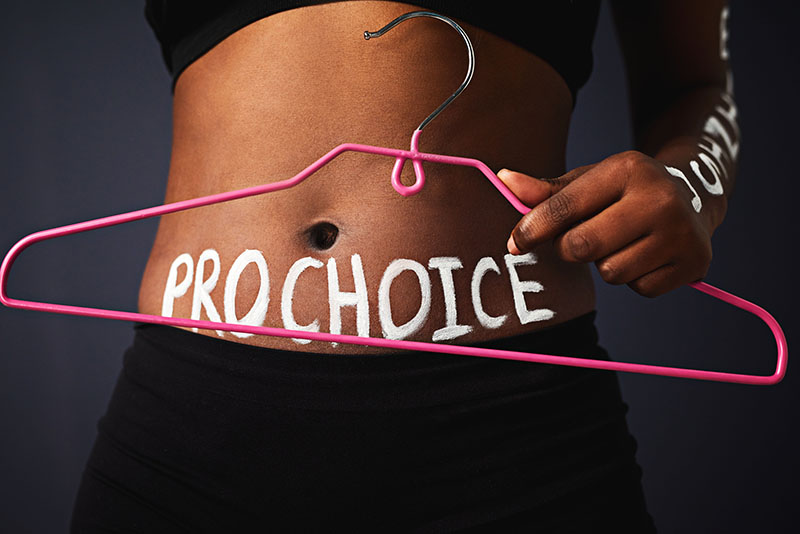
Experts say the reversal of Roe v. Wade disproportionately affects Black women who are more likely to use abortion as a form of birth control.
The U.S. Supreme Court allows individual states to decide whether abortions are legal.
26 states have banned abortions or are more likely to ban abortions in most or all circumstances, The NY Post reports.
Experts say Black women and other women of color live in states where abortion bans exist.
For example, Black people make up about 38% of Mississippi’s population, where abortions are banned.
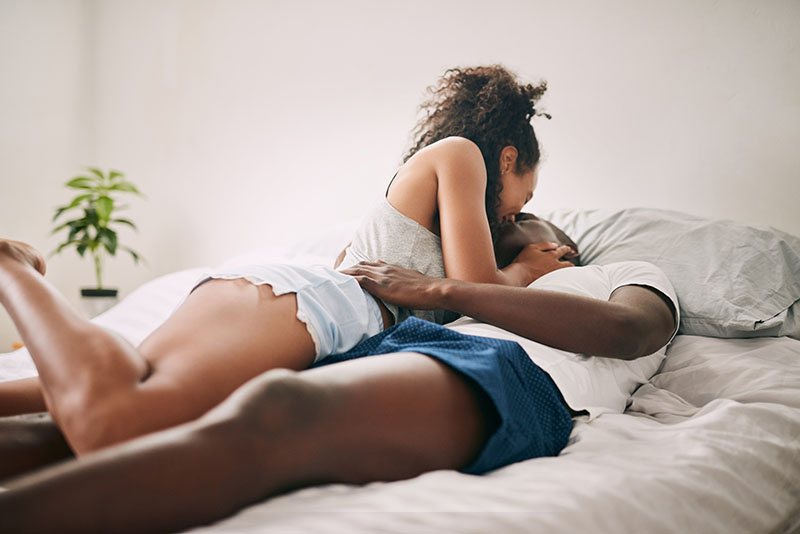
Planned Parenthood offers low-cost or free abortions in underserved communities.
According to the Centers for Disease Control (CDC), Black women are 4 times more likely than white women to use abortion as a form of birth control.
Latina women are twice as likely to get abortions, according to 2019 data from the CDC.
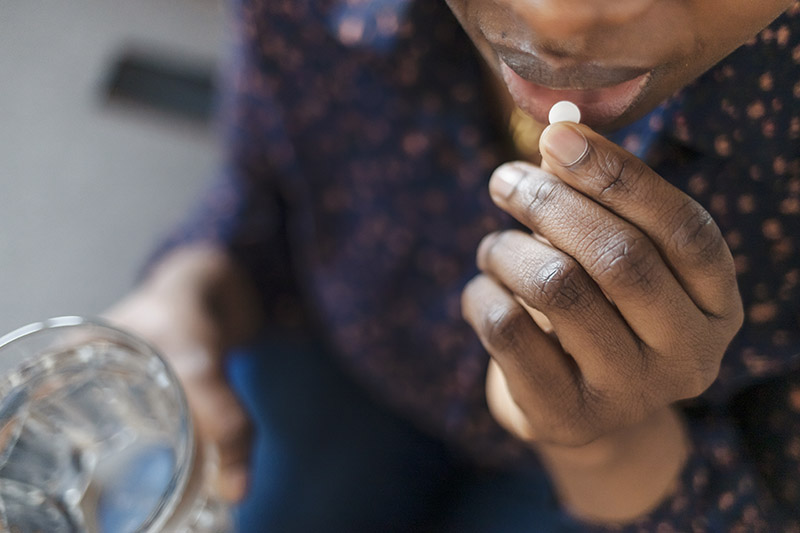
Black women are also least likely to consider other forms of birth control, including condoms, the morning after pill or abstinence.
Health experts say the high rates of abortion among Black and Latina women can be traced to disparities in healthcare access, including lack of health insurance and the cost of contraceptives.
Black women in Mississippi accounted for 74% of abortions in 2019, according to the Kaiser Family Foundation.


